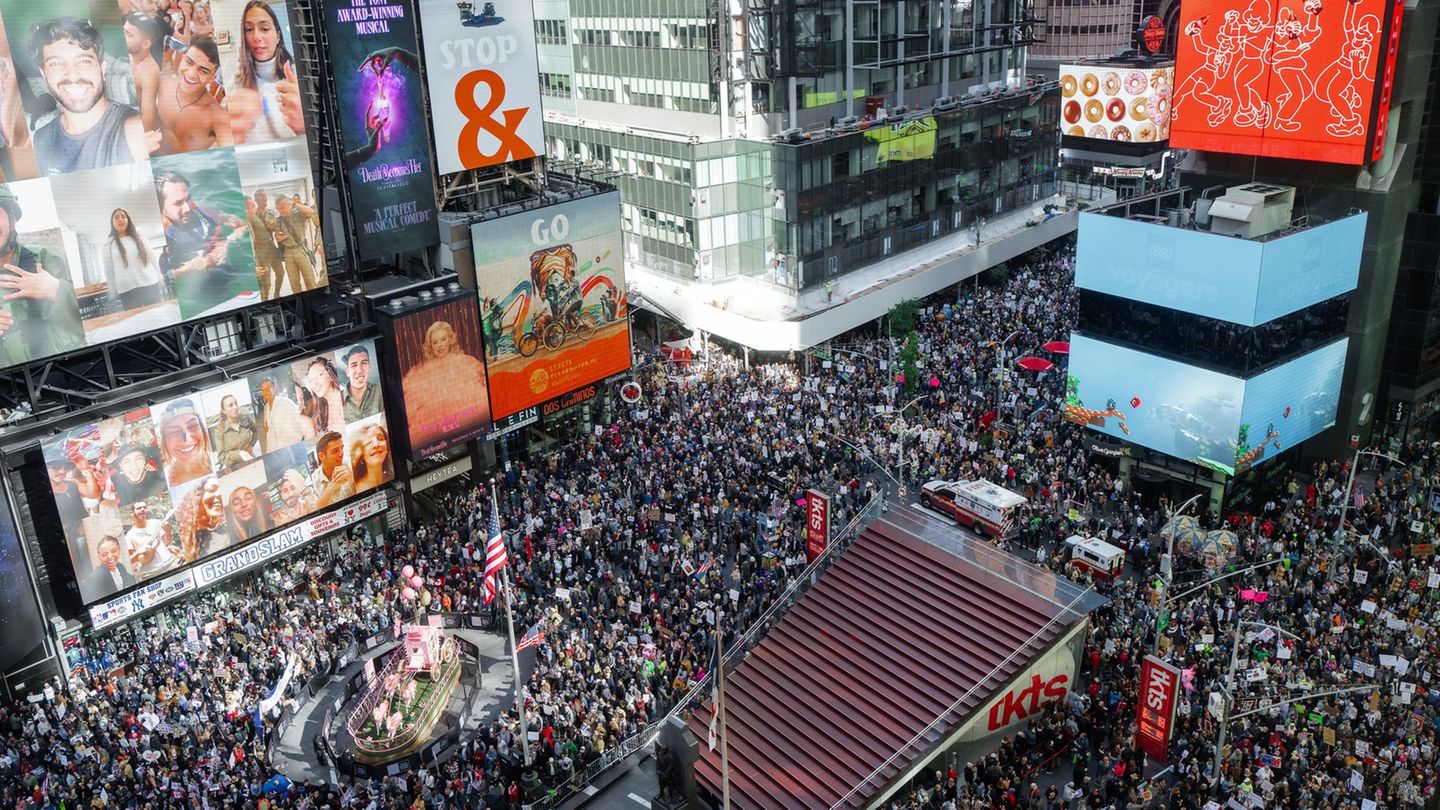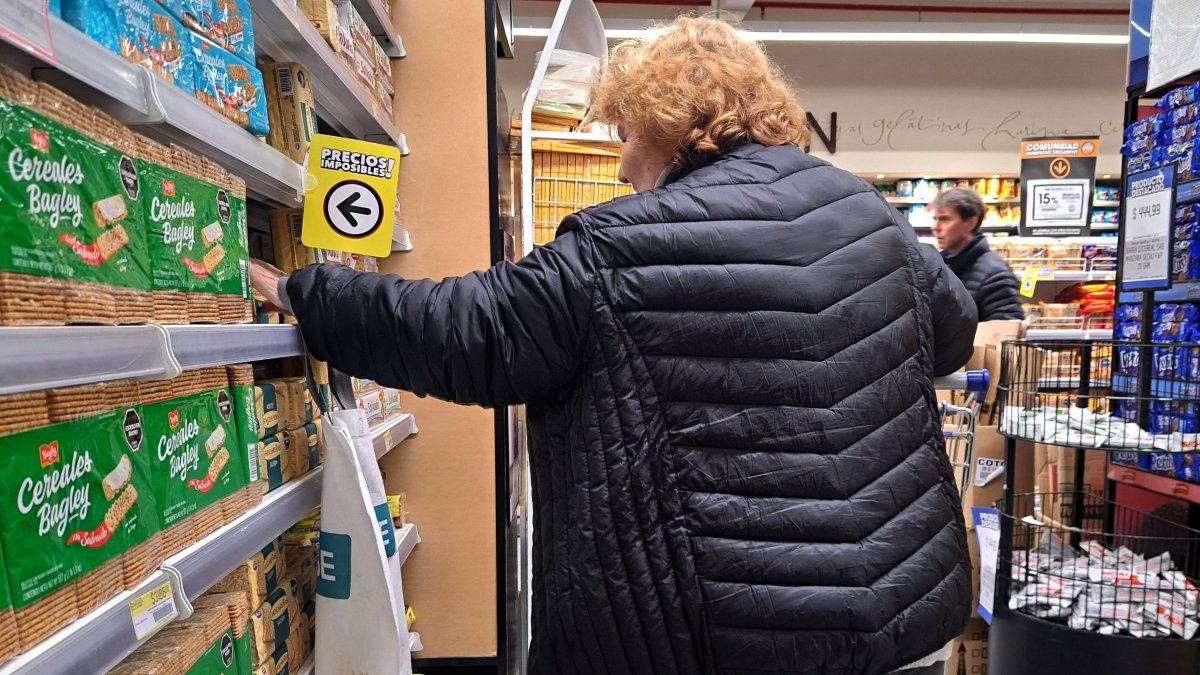Another clear benefit will be the dejudicialization and debureaucratization of the State. If there is no conflict, because there is a single heir, or the parties agree, it will always be less of a task for Justice. It is a clear way to decompress and become more efficient. By shipping faster, goods will be available in less time. If an heir wants to sell, that facilitates real estate traffic in the case of a property.
And it is worth noting that the declaration of heirs is, today, a declarative act carried out by the Judge after verifying the pertinent items (death, birth, marriage, etc., as appropriate). That declarative act carried out by the Judge would become a Notarial Act authorized by a Notary Public.
bartolo scribenos.jpg
Q: It is known how expensive successions are today. If done via notary, could the costs be lowered? As soon as?
JDB: This was part of the Base Law that was later left out of the package. The Minister of Justice has stated this on several occasions and reiterated – in the last Notarial Convention – that he will carry out the proposal. The issue of costs has not yet been debated, but the original project contemplated an elimination of the justice fee.
Furthermore, the intangible value of an extrajudicial process must be analyzed. Saving time is also earning money. Efficiency from a time perspective will help to dispose of that inheritance much sooner.
Q: How does the world deal with the succession issue?
JDB: Dejudicialization is a global trend. Issues that do not have conflict do not have to go to court to pile up files. It is a success in countries like Spain and Italy, to name a few that are more common to our lifestyle and conception of law. And in 17 Latin American countries they have been doing it for quite some time, with a clear positive trend in Mexico, Colombia, Chile, Peru, Uruguay, among others. It is not an Argentine invention, we are seeing that they are models that many countries already apply.
BLEACH
Q: As you are seeing the notarial activity, are there more deeds observed?
JDB: On a general level, 2024 has been one of the best years in recent times in terms of purchase and sale deeds with more than 30,000 operations. But to talk about good years, we have 2018 as an example, when at this point in the year we reached 40,000 operations and in 2007 we reached 45,000. And in ’98, when there was a lot of mortgage credit, we had more than 50,000. There is still a lot of ground to be recovered, despite the positive indicators.
August has been the best month of the last 75 months and we trust that the last quarter of the year will be good. This has been happening since the last part of 2023, which paradoxically coincided with electoral uncertainty. This once again shows that Argentines value having their own roof over their heads. Although it is incipient, August saw a jump in mortgage operations, which are a reflection of all the announcements from banks promoting new loans. In just two months, there is a growth of more than 250%.
Q: What questions do you have in the notary offices regarding money laundering?
JDB: The majority of people who want to enter are those who have small amounts saved, who had accessed the blue dollar market and – with that money – want to make it circulate by buying a car, buying an apartment, helping their children with a donation . Since up to 100 thousand dollars has no cost, they open the zero account, they will deposit and then, after October 1, they can use them and we believe that with that money the market will begin to move a little more.
Q.: Also, notary fees are usually important in the sale of properties. Are there possibilities to lower these costs?
JDB: In the case of notaries, it is important to differentiate the fee from the total amount of the invoice. Notaries are tax and expense withholding agents. For example, in CABA the Stamp Tax is 3.5% and that sum appears in the total amount of the invoice. People believe that it is for the notary, when in reality the professional must deposit it in the respective tax agency.
The professional fees of notaries are a maximum of 2% in real estate sales, which within the entire operation is not the highest amount.
SUCCESSIONS
Q: Another point is the issue of wills. What can be bequeathed today from an estate? If one has a family, are they forced heirs? Does the will resolve the succession?
JDB: By means of a will, the testator can dispose of all or part of his assets, some specific property or make various dispositions/assignments to his heirs or third parties, including determining an “executor” (that is, a person he trusts) to in order to execute the testamentary provisions.
When there are forced heirs – for example, children -, the available portion is 1/3 of the testator’s assets, with this portion, he can benefit an heir or a third party (human person or civil association/foundation, etc.). When there are no forced heirs (descendants, ascendants or spouse) you can freely dispose of your entire assets. The fact that a will has been granted does not imply that succession is avoided, but rather it determines a special judicial process that is “testamentary succession.”
But it is worth noting that the will is a formal act (that is, it has to comply with certain formalities to avoid being challenged), which is why it is recommended to have a will before a notary, by public deed, totally secure, because it has a matrix and is very different from what some call in their own handwriting.
Q: Can assets be donated to family members (children, wife, etc.) to avoid inheritance?
JDB: It can be donated to whoever you want (except for spouses under community property regime). But what can happen is that, at the time of the donor’s death, the donated property exceeds the value of the “available portion” (1/3 when there are descendants) and the donee must “compensate” the heirs proportionally. This shows that in our Civil Code there are tools for estate planning for family life and that person who donates has margins to leave what they generated in their life more organized according to their preference.
Q: When a spouse dies, doesn’t that mean a complication?
JDB: No, what we have to understand is that donation is a very useful option to avoid subsequent distribution. It is timely to debate what to do with my life savings, and why not take advantage of the possibilities that our right has.
Q.: How is this situation resolved for people who, due to health problems, cannot manage their assets?
JDB: Regarding “minor or incapable” persons, there is a special judicial process to determine the guardian/curator as the case may be, before a notary and by means of a public deed. Specifically, an early appointment of guardian can be planned so that the respective Judge can later ratify it. But this question opens up another global trend, which is advance health directives with patrimonial content. Many countries have already adopted it and see its advantages in the non-judicialization of a disability. Or let’s go to what the pandemic left us, when people were left for weeks without access to the signature to define issues of daily life such as contracts, rentals, etc. Now there is a project that was left in Congress where it is stipulated that people can decide in advance who would manage their assets in the event of an illness in which they do not have their mental faculties, for example. That is, I choose my trusted people. They are part of the rights of old age, where the world thinks about these challenges. In fact, the City’s College of Notaries has just been recognized at a conference held at the UBA on this topic.
MODERNIZATION
Q.: What are the biggest drawbacks faced by those who demand notary services that could be improved by the State?
JDB: The College of Notaries of the City of Buenos Aires – through its members – carries out multiple actions to simplify and expedite different procedures that are slower in the state sphere. In this way, it gives greater efficiency, both nationally and in the City.
A clear example of this is the joint work with the Real Estate Registry of the Federal Capital, which came with a very significant number of overdue reports. We signed an agreement by which an ad hoc team of notaries joins in to resolve these reports and provide complete security in the observations. This resolved bottleneck is seen in domain reports for rentals, sales, inheritances, and contracts. If one of these procedures is not submitted on time, the signature is delayed and that slows down everything and, ultimately, makes the economy and business more complex.
Another is the apostille, that legalization of a document that goes abroad, the product of an agreement with the Chancellery and in which the College can authorize a procedure in hours, when in the traditional system it takes many weeks.
Another example: driving authorizations, where the notary can even do it on a weekend and the College legalizes it on that same “non-business” day.
In short, the question would be what solution do the notaries give to the problems in State services?
Q: What other procedures that are done today via a notary office can be modernized and streamlined?
JDB: Since before the pandemic, the City Notary Association accelerated a very strong digitalization process and this allowed it to face a good number of processes in which the notary could unblock.
Today the signature can be certified remotely by video call with all security standards, which allows, for example, to solve a problem for a father who is abroad and his minor child must leave the country. Likewise, we work with many State agencies to accelerate this digitalization process such as Immigration, AFIP, the City Government, and files with Justice. In the case of Immigrations, the notary can revoke an authorization and in less than 20 minutes the procedure is updated.
We are making alliances with technology companies for the notarial tokenization of real estate and joining the marketing chain with the new generations, but doubling security in these important purchasing processes.
We have an apostille service in agreement with the Foreign Ministry to resolve the most urgent procedures of people who feel that their appointment at an Embassy is due and they do not have the approved document. All that delivery is digital and there is no need to go to our headquarters. That sped up times, decompressed people’s lives and it works perfectly.
Source: Ambito




